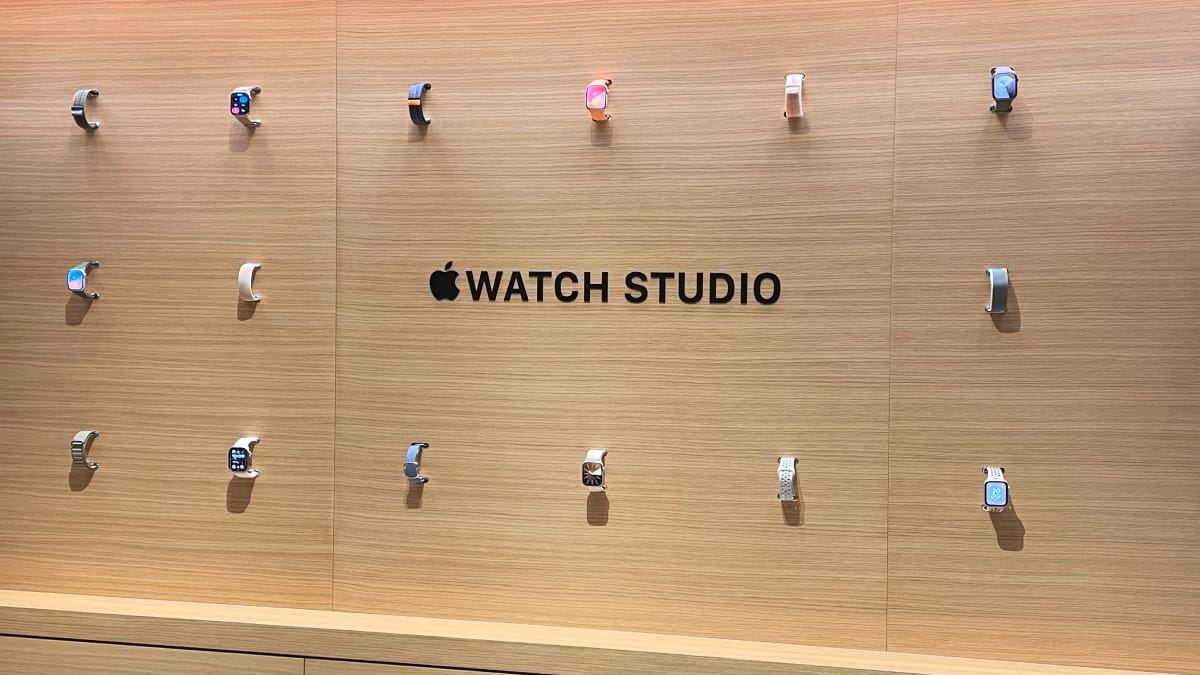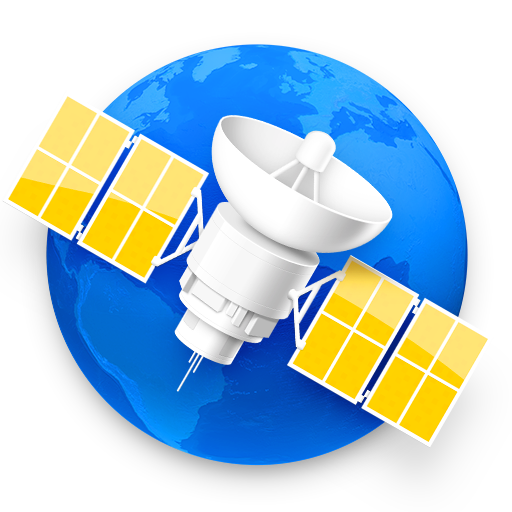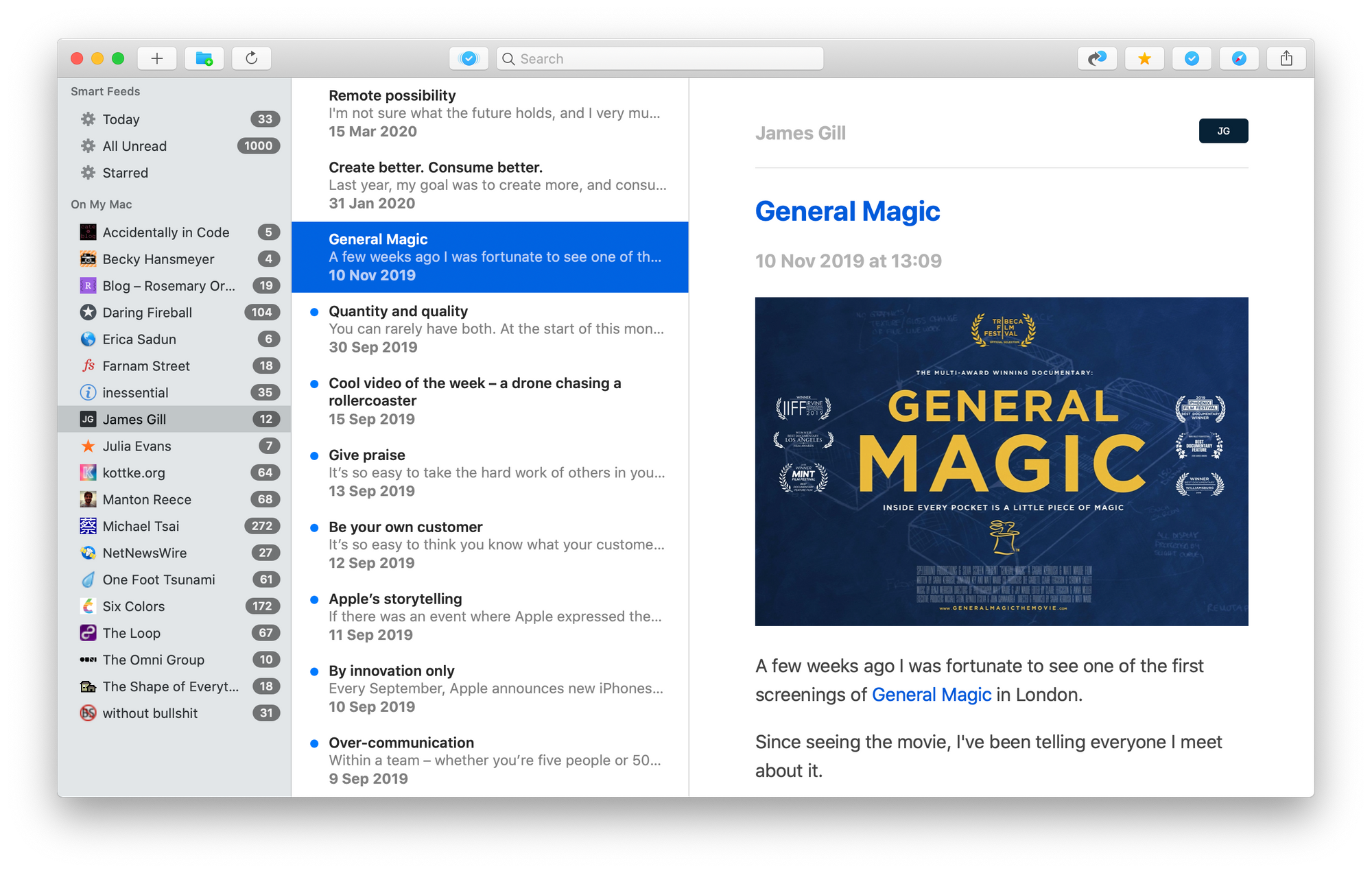I’ve owned an Apple Watch since day one.
I started with the Apple Watch stainless steel model, now known as “Series 0” because it was before they started referring to the models with this convention.
I have loved my Apple Watch ever since, with a borderline obsession for my activity rings, and admiration for the quality of the overall ecosystem, from iPhone and Mac interconnectivity, to beautifully crafted bands, to an elegant charger.
Over time, my desire to work out with Apple Watch has grown, to the point where I purchased an Apple Watch Sport to help me with training for long distance running. I always felt conflicted with the Sport — compared to my original Apple Watch it was far less of a fashion item, eschewing polished stainless steel for aluminium. Yet the Sport was great for running and workouts. I used it until the battery started to struggle to get through a full day.
I held off buying a new Apple Watch until last year, when Apple unveiled its new round of devices. Last year was undeniably a very minor upgrade in the history of incremental upgrades across all models. For the Ultra, aside from the new double-tap gesture (supposedly enabled by the new chip inside), and a new watch face, the 2023 model was identical in terms of functionality to the original model released the year prior.
Ultra or not?
I knew it was time for a new Apple Watch, but which one? I missed the stainless steel beauty of my original, but I had no intention of cutting down on my exercise. If anything, I wanted to be increasing my physical fitness with new, tougher workouts.

I went to one of the many local Apple Stores in London — the Battersea store, and was thrilled to find they have an Apple Watch Studio. It’s an area of the store dedicated to trying on different models and bands, with staff available to help walk through the different options. It’s more like going into a high end jewellery store than a gadget shop.
I had looked online at the different options for hours on end. But it was only when I got to the store that it hit me — the stainless steel Watch was no match for the Ultra. The steel model looked more like a piece of jewellery, especially the smaller model that I had been accustom to. The Ultra, on the other hand, felt like a tool. A beautifully crafted tool of course, but it had a tactility that reinforced my intentions for the device — to help me get things done and push myself. Just looking at it made me want to go climb up a mountain!
What made the Ultra even easier to decide on was the surrounding body of the watch. It had a glint in the light, a slight shine, around the bezel of the display, which I hadn’t noticed before. It struck

